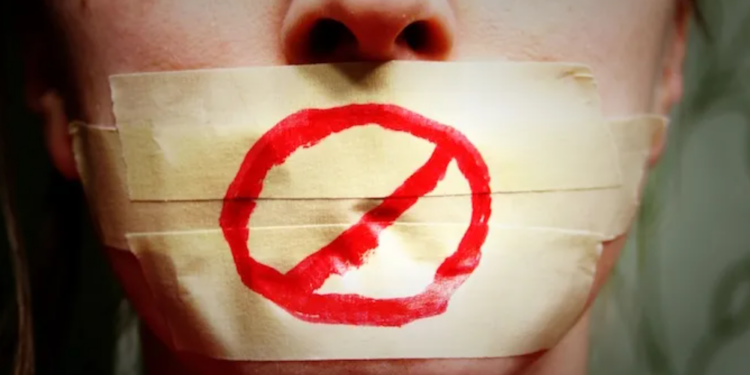We look over the border to Scotland with a sense of alarm and disgust at the extreme censorship now being imposed via the Hate Crime Act. But speech is already scarcely freer in England, says Ella Whelan in the Telegraph. Here’s an excerpt.
The bizarre goings on north of the border have been amusing to watch. Scotland’s new Hate Crime Act played out like an April fools with no end. Police Scotland have been inundated – about 60 reports an hour – with thousands complaining of alleged hate crimes committed by J.K. Rowling and the First Minister himself. Someone even made a complaint in Siobhian Brown’s name, Yousaf’s Minister for Victims and Community, leading her to suggest that her Government’s bill had caused “hysteria”.
It’s easy to point the finger at attacks on freedom of speech going on elsewhere. Ireland is similarly in danger of becoming a basket case for free speech. But those of us in England and Wales shouldn’t get complacent.
Given the slew of censorious legislation passed in the last few years, it was perhaps unwise for Prime Minister Rishi Sunak to castigate his Scottish counterparts. He’s right that England has “a proud tradition of free speech”, but that tradition, fought for by the likes of Leveller Freeborn John, has always been contested. From the days of heresy and treason to modern concepts of ‘offence’, freedom of speech has never been absolute – in fact, it’s always been in peril.
Scotland certainly didn’t invent the idea of making ‘hate’ an aggravating factor in the criminal law. In 2022-2023, 145,214 offences were recorded by the police in England and Wales “where one or more of the centrally monitored hate crime strands were deemed to be a motivating factor” – a steady increase year on year.
And we don’t just record hate crimes, but “non-crime hate incidents”. This tricky label is for those hate crimes where no criminal act has actually taken place – a means for snitches to get the police attention they require with nothing actually being done about it. More than 6,489 non-crime hate incidents were logged between June and November last year in England and Wales.
When she was Home Secretary, a speech made by Amber Rudd was reported as a “hate crime incident” by a professor at Oxford University. Far from the legal maxim “everything which is not forbidden is allowed”, we now seem to live by the rule that everything you dislike can be illegal – if you complain loudly enough.
Does Sunak know the laws on his own country’s statute books? After tweeting in celebration at the death of national treasure Captain Tom Moore, Joseph Kelly was arrested under Section 127 of the Communications Act 2003. Under this legislation, expressing an opinion of a “grossly offensive or of an indecent, obscene or menacing character” can see you put behind bars. Sure, tweeting “burn auld fella, buuuuurn” wasn’t very nice, but should it be illegal?
The Online Safety Act, passed last year, effectively appoints unaccountable Silicon Valley millionaires to decide what we are and aren’t allowed to say online. Worse still, it emboldens Ofcom to police what is acceptable discourse online. And I haven’t even got to the Police, Crime, Sentencing and Courts Act, which bans protest that’s too “noisy”.
Worth reading in full.













To join in with the discussion please make a donation to The Daily Sceptic.
Profanity and abuse will be removed and may lead to a permanent ban.